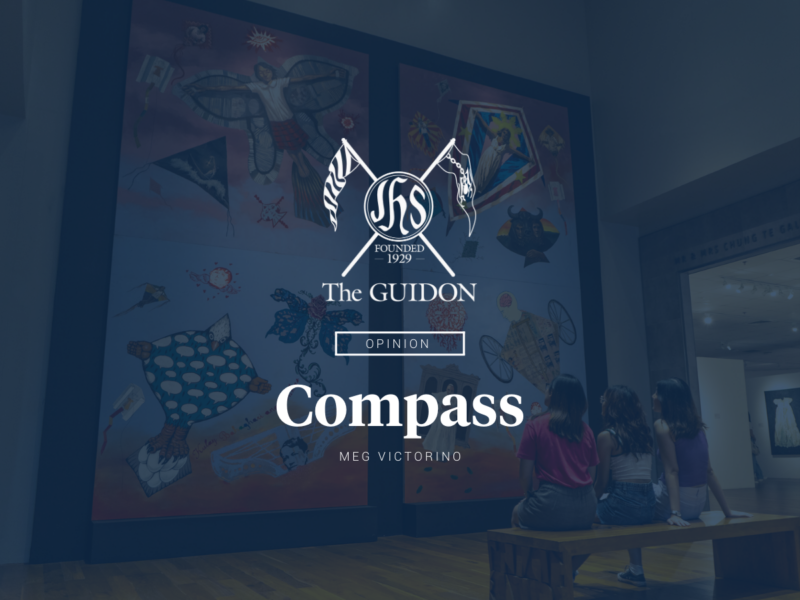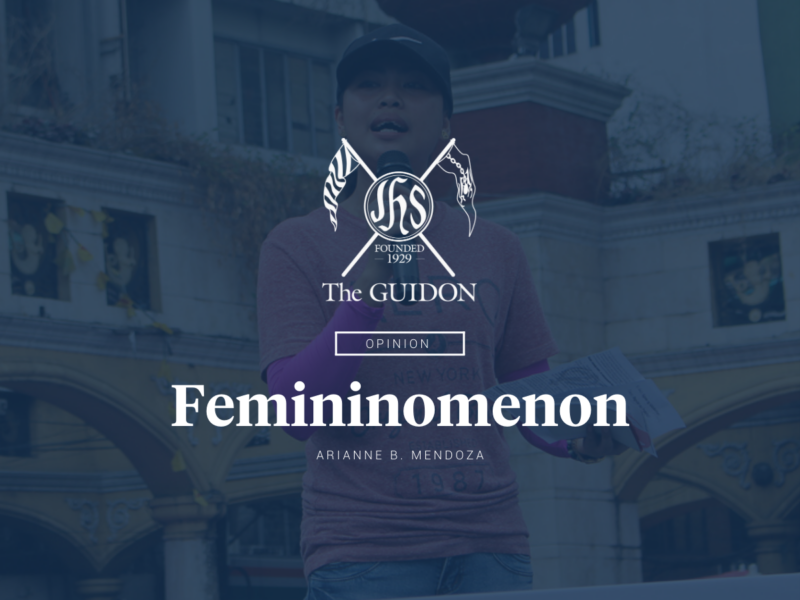 A few weeks ago, I came across an article about the nude photos of Jennifer Lawrence that were leaked and circulated online. Admittedly, I barely skimmed through it before clicking the next link that caught my eye. I was hardly surprised by my cavalier attitude towards such an obscene invasion of privacy. Sadly, in an era where every little misstep can and will be documented, celebrity scandals such as this have become a dime a dozen.
A few weeks ago, I came across an article about the nude photos of Jennifer Lawrence that were leaked and circulated online. Admittedly, I barely skimmed through it before clicking the next link that caught my eye. I was hardly surprised by my cavalier attitude towards such an obscene invasion of privacy. Sadly, in an era where every little misstep can and will be documented, celebrity scandals such as this have become a dime a dozen.
Lawrence wasn’t the only victim this time around—revealing photos and videos of more than 100 stars, including Kate Upton and Kirsten Dunst, were also posted on sites like Reddit and 4chan. Their predicament speaks volumes, and not just about the continued objectification of women. This certainly isn’t the first time a person has been subjected to public humiliation, but as writer Ray Corrigan observes, “We have now, though, spent the best part of the last 30 years enabling… the building and operation of a communications mass surveillance infrastructure and ‘permanent’ digital memory store, unparalleled in the history of the human race.”
As anyone who has had embarrassing adolescent photos or silly Facebook statuses resurrected will know, hindsight really is 20/20. Most of the time, the consequences are harmless; our friends usually have a good laugh at our expense. For others, however, the ability of a quick Google search to shed light on our past is no laughing matter. Some employers have even begun performing social media background checks on prospective employees—drunken party photos and crude jokes that were once entertaining can now potentially raise questions about an applicant’s character.
While people are taught to forgive and forget, it seems the Internet is less inclined to do so. Last May, the European Court of Justice took a major step towards changing this when it ruled that its citizens have a “right to be forgotten” online and can request search engines like Google to remove links containing outdated, inaccurate or irrelevant personal information.
As it turns out, many people were raring for a fresh start. Within the first three months of this controversial decision, Google is reported to have received 120,000 requests and removed 457,000 links to articles, websites, tweets, photos and the like. The issue has become so contentious that just this month, Google began a European roadshow to better understand the different perspectives.
Both sides of the debate have made compelling arguments. While advocates of this ruling see it as a means of safeguarding our digital dignity, critics do have cause for concern. After all, who gets to decide whether or not information should be deleted, and can we trust how this person weighs public and private interest?
I’d like to think that this whole discussion especially resonates with us because we will be the last generation to have grown up appreciating the value of life before the Internet, before problems such as this were even conceivable.
Still, the questions we are left with aren’t so unfamiliar; George Orwell, for one, already warned us of the dangers of trying to alter the past to suit our current needs. While I cannot predict how this will all play out, I am certain of one thing: Google, in its most basic form, is nothing but an algorithm. The impact it has on our lives is entirely up to us. If we had remembered to treat each other with greater respect to begin with, perhaps it wouldn’t even have been necessary for us to fight for the right to be forgotten.







